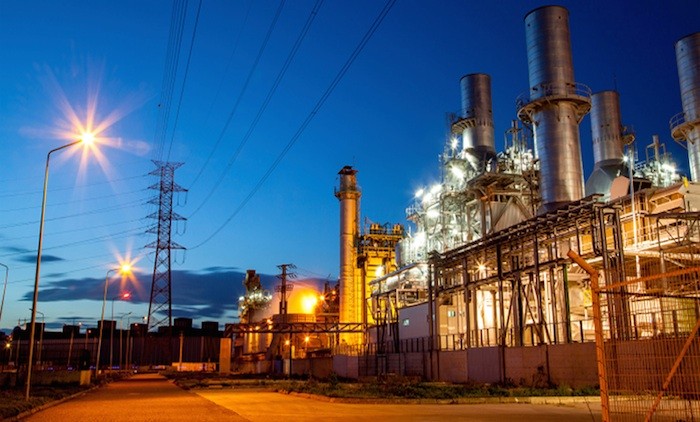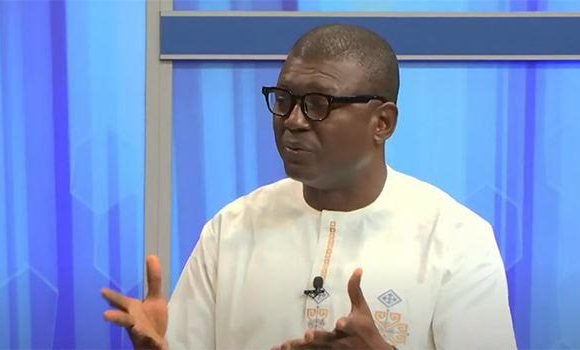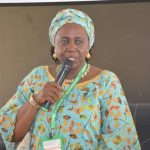Nigeria’s energy crisis deepens as govt fail communities amid power sector collapse

Nigeria
Features
Nigeria, a nation endowed with vast natural resources, finds itself trapped in a worsening energy crisis that has left millions of its people in darkness and despair. Despite promises from successive administrations to deliver a just and inclusive energy transition, the reality on the ground reveals extensive government failures that have deepened energy poverty and widened social inequities across the country.
In 2025, the Nigerian Senate exposed a staggering debt crisis within the power sector, revealing that the government owes electricity distribution companies over N200 billion monthly. This has pushed total sector debts beyond N3 trillion, triggering widespread grid collapses and persistent blackouts. Rural and marginalized communities, already suffering from environmental degradation and poverty, continue to be the hardest hit. Instead of alleviating their plight, government mismanagement leaves these communities trapped in costly reliance on generators and fossil fuels, exacerbating economic hardships .
Voices from the Niger Delta, the heart of Nigeria’s oil wealth, speak directly to this neglect. Amara Nwankpa of the Shehu Musa Yar’Adua Foundation decries the systemic exclusion of community needs in national energy planning. “Decades of oil extraction and environmental destruction have yielded no power for our people. The government’s energy plans overlook our voices and fail to deliver affordable, clean energy,” she says .
In Mgbuoba community, Christerbel Abel highlights the daily struggle. “We live in near-total darkness. When electricity fails, we burn kerosene and gas, spending up to N4,000 monthly for basic cooking fuel. These hardships remain invisible to policy makers,” Abel shares .
Chief Emeka Okoro from Ogoniland expresses the frustration of youth left behind. “Solar projects promised to us collapse due to lack of maintenance and support. There are no green jobs here despite our lands fueling Nigeria’s energy sector,” he laments .
In the northern states of Kaduna and Plateau, community leader Amina Yusuf recounts broken promises. “Solar power could change our lives, yet government solar initiatives fail each season. Maintenance is neglected, and education about these technologies is missing. Our villages remain dark despite abundant sunshine,” she says .
These frontline testimonies are backed by stark policy failures. Nigeria’s energy policies remain fragmented, with over 80% of power still generated from fossil fuels. The National Renewable Energy and Energy Efficiency Policy (NREEP) languishes due to insufficient funding and weak political will. The government’s restrictive solar panel import policies further choke decentralized energy efforts vital for rural electrification and energy justice .
This dysfunctional system also fuels illegal refining activities in the Niger Delta as desperate youth seek income amid limited job opportunities in sustainable energy industries. Elders stress this as a direct consequence of government neglect and the failure to invest in green employment and training .
The national grid’s instability severely impacts key sectors. In Kaduna, solar-powered clinics have improved health service delivery, but homes still endure multi-day blackouts. Schools struggle to function without reliable lighting, and businesses grapple with unpredictable energy costs that stunt local economies .
Despite Nigeria’s immense energy potential, including vast gas reserves and hydroelectric capacity, the sector’s infrastructure remains dilapidated, and investment dwindles amid poor regulation and mounting debts. Private investors refrain from funding expansion in a market plagued by systemic bottlenecks and fiscal mismanagement .
Nigeria’s energy crisis is not merely technical but deeply rooted in governance failure and policy inertia. If urgent reforms do not prioritize equitable energy access, transparency, and meaningful community participation, the country risks deepening social injustice alongside environmental harm. The voices of those in the Niger Delta, northern villages, and countless other underserved communities must be central to shaping an energy future that is truly just and inclusive.
Without decisive political action, Nigeria’s promise of a cleaner, sustainable energy future will remain an unfulfilled dream—while millions are left in darkness.









